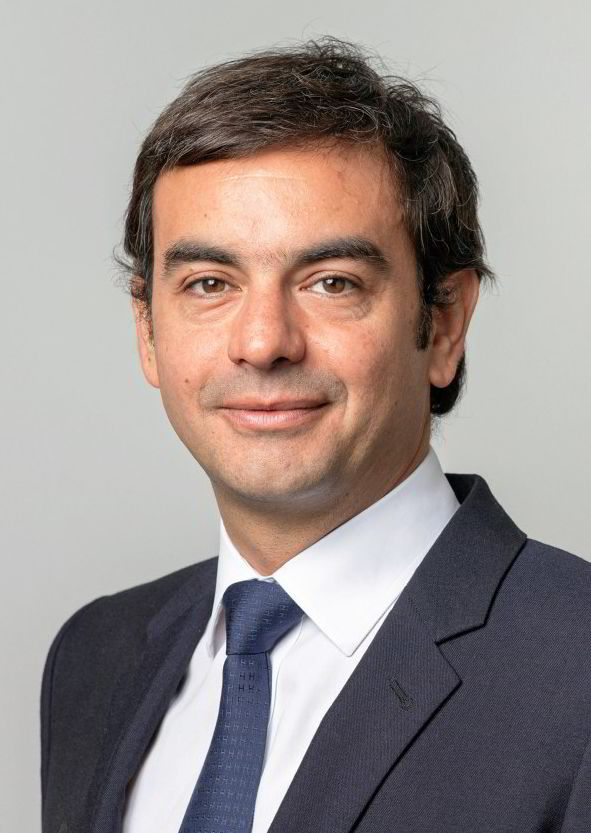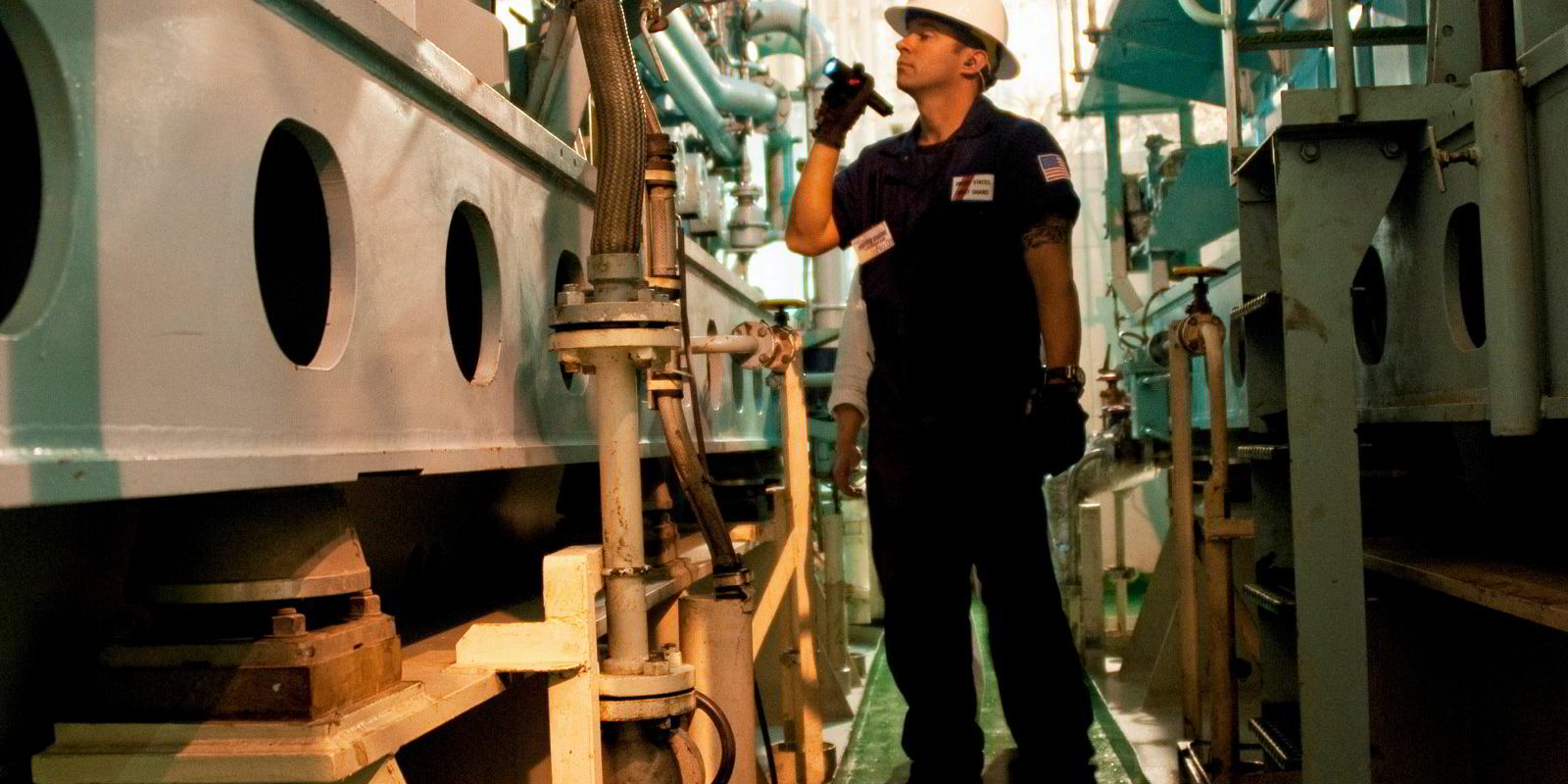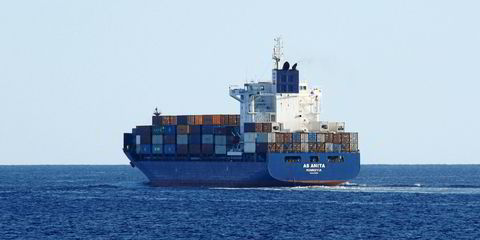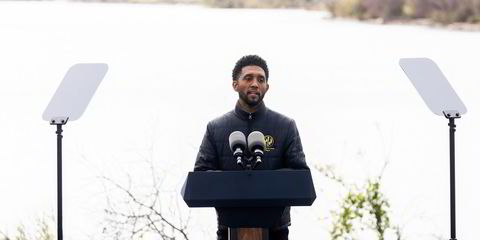US authorities are yet again denying seafarers their liberty, acknowledging their innocence yet holding them indefinitely as potential witnesses to a crime. The US Department of Justice (DOJ)’s shameful practice of detaining seafarers as potential witnesses amounts to hostage-taking, and violates not only the US Constitution but the Marpol treaty regime it is supposedly enforcing.
The current case of the 12,800-dwt multipurpose heavylift ship Donald (renamed Gaja, built 2006) is just one instance of an illegal and abusive practice that US prosecutors have developed over the years. TradeWinds has reported on a series of similar cases, most recently that of the 33,700-dwt Joanna (built 2010).
But the shipping world is still not paying enough attention to this violation of human rights and perversion of treaty law.
“Although the holding of these innocent seafarers has generated over $1bn [in fines] and destroyed careers, it draws little attention, perhaps because the captors are not third-world pirates, but US Coast Guard officers and DOJ lawyers,” Edward MacColl and Marshall Tinkle wrote.
“The reason is simple,” US maritime defence lawyer George Chalos — another critic of the practice — said in a recent client briefing. “The crew members are pawns utilised by the government as an additional pressure point on the owner and operator in these prosecutions.”
Chalos notes that the bill can come up to $50,000 per month for shipowners targeted in such investigations. But the toll is harder to bear for individual seafarers separated from their families for up to years at a time, some of whom have been driven to suicide.
‘Can’t release you, because you’re not detained’
Although the ship’s Ukrainian captain — Pavlo Raskatov — and the five Filipino engine room crew members have been in a hotel in San Diego since last May under orders not to leave California, the DOJ contends that this is not a case of detention. And because they are, in some legalistic sense, not detained, they do not enjoy the rights of detained persons. A US magistrate judge has agreed with the DOJ position, and thus the non-detained crew cannot be ordered to be released.
The ship itself is long since free.
At the time of the incident, the Donald was controlled by Bremen-based Internunity Management, which is expected to become a defendant at the trial stage. Interunity has been approached for comment.

Soon after the US Coast Guard boarded and inspected the ship in May 2022 and found evidence of pollution violations at sea, Interunity put up a $1m bond, handed the ship over to a new buyer, and agreed with prosecutors to fund the master and the engine room crew through trial.
Chief engineer Denys Korotkiy, who is still being paid his $9,000-per-month salary, was indicted for felony pollution violations in November.
By that time, the crewmen whose testimony the US needs had already been held for nearly six months in the legal limbo that the DOJ does not call detention.
Their non-detention looks certain to move into its second year soon.
Only Korotkiy has been charged. The other crew members are all being held for the convenience of prosecutors — so that the DOJ can make its case using witnesses who can be cross-examined live, and not rely on recorded testimony.
The compulsion is probably not necessary, even from a prosecutorial point of view. Filings submitted in the case indicate that the accused chief engineer was the object of the “deep hatred” of his former subordinates, who would be willing to return to the US to testify again.
None of this is supposed to work this way.
When Marpol was ratified, it put enforcement in the hands of flag states and allowed port states to arbitrate with flag states in case of disagreements.
MacColl and Tinkle have researched the history of its US implementation and enforcement, and shown how the US has gradually sucked high-seas pollution into its jurisdiction via the logbook. In US practice, forged oil record-book entries have become tantamount to the high-seas pollution events that they cover up.
That is just the opposite of the multilateral anti-pollution enforcement regime that Marpol created.
“The system of international co-operation and flag-state enforcement Marpol prescribes is preferable in every respect to the unfortunate enforcement system US officials have concocted by mangling American law and the rights of innocent foreign seafarers,” MacColl and Tinkle wrote.
“No proper policy consideration justifies turning foreign crew members, traditionally ‘wards of admiralty’, into human collateral and hostages, held in an appalling and inefficient violation of basic human rights.”





